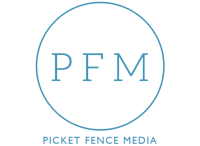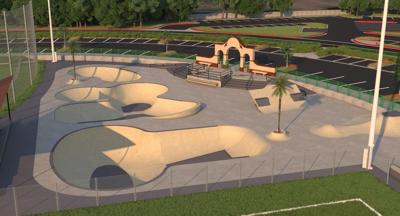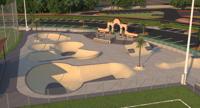Looking back on her childhood in San Juan Capistrano, Jenny Buchhagen remembers the days when Creekside Park was just a dirt lot with bike jumps.
When it came time to build a park on the lot, Buchhagen said she recalled the city discussing the idea of constructing a skatepark.
“No city had a skatepark and it was this big exciting thing,” Buchhagen said during the Planning Commission’s meeting on Wednesday, Dec. 13. “Everyone was so excited, they were going to put a real skatepark in our town, and it got denied.”
“It got denied because of noise, it got denied because of lights, and they put a park there,” Buchhagen continued.
She added that she goes to parks all the time with her kid now and never understood the difference in noise between a park and skatepark. Buchhagen added that skateparks create a community space.
“There are older guys helping the younger kids learn new tricks,” Buchhagen said. “There’s the teens that have nowhere to go because they have a broken home, they go to the skatepark and they come together as family.”
“Give them a place where they can feel comfortable and be themselves,” Buchhagen continued.
San Juan Capistrano has been working towards building a skatepark in the city since residents identified such a facility as a priority in a citywide recreation needs assessment in 2007.
Since then, the city and stakeholders have searched for the appropriate site to house a skatepark, most recently landing on the 28-acre city-owned Kinoshita Farm property.
The roughly 42,575 square foot skatepark and trail project would be situated at the southwest corner of the Kinoshita Farm property. The skatepark and trail would feature a playground structure, restroom and shaded setting areas, as well as a roughly 20,000 square foot all-wheel skatepark.
The skatepark would include a flow bowl area, a pool bowl area and a street-skating area with rails, stairs and banks.
“The skatepark has all the street features you could ask for in a skatepark,” Brett Johnson with Grindline Skateparks said. “Perfect for beginners up to intermediate and advanced.”
The public trail would connect Via Positiva to the skatepark and Camino Del Avion.
Before the Planning Commission or City Council could move forward with the project, the city completed an Environmental Impact Report. The EIR was released on Aug. 17 and was circulated for public review. The public comment period on the Environmental Impact Report closed on Oct. 2.
During the last week’s meeting, commissioners voted unanimously, with Chair Matt Gaffney absent, to recommend that the City Council certify the skatepark’s EIR, approve a code amendment and rezone the project site.
The Kinoshita Farm property is currently zoned as agriculture/specific plan and would require a rezoning so that it would be zoned as specific plan only. The specific plan amendment looks to add the skatepark, trail and related facilities as an allowed use.
As part of certification of the EIR, the council may decide to override the agriculture resource mitigation by stating that the benefit of the skatepark to the community overweighs the loss of the agricultural land.
Since the Kinoshita Farm property is also designated as Prime Farmland per the California Environmental Quality Act (CEQA), the city would need to deposit the purchase price of a replacement into its agricultural preservation fund.
As for any noise-related issues, the EIR does not anticipate an increase in ambient sound once the skatepark is active.
The Planning Commission noted that it did receive letters opposed to the construction of the skatepark ahead of the meeting.
Local skateboarders last week spoke in favor of the construction of the project. Speakers noted that the park would give area youths a safe place to gather and skate as opposed to skating in the streets.
“I know a lot of people have been wanting this for a long time, since they were children and now they’re adults,” roller skater Jenna Green said. “All of us are getting older and the kids are getting older so it’s exciting to see that we’ve come to a point where hopefully everybody is happy with what’s been planned here.”
“There’s a lot of thought and consideration for what works for skateboarders and skaters in this plan but also for the community, also for families,” Green continued.
If the council approves the final EIR at its Jan. 16 meeting, construction is anticipated to begin in March, with the skatepark completed by September 2024.


